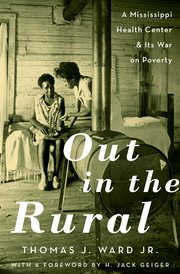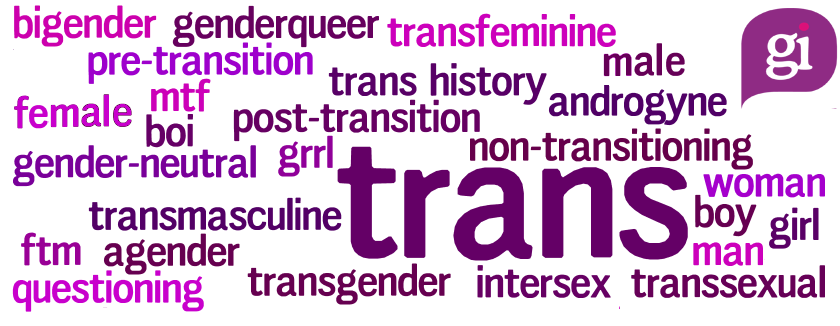
Where and how is health created and promoted? If you think it’s in hospitals, you would be terribly wrong. Medical errors are the third leading cause of death in the United States; and yet, we have a health care system that spends billions of dollars every year to provide acute care. It’s costly and our health outcomes are worse than in other peer nations.
Today, there is a growing recognition that we have to move our attention and resources upstream to promote health of people where they live, work, learn and play. The Robert Wood Johnson Foundation has invested significant resources into exploring how to improve the health of communities and create a culture of health among all. The New York State Health Foundation is advancing this work in New York State and other foundations around the nation are investing in projects that build healthier communities through initiatives that will improve access to healthy, affordable foods; create safe places to exercise; bring jobs into the community; improve education; reduce pollution; and other aspects of what are called social determinants of health.
But why has it taken us so long to recognize and act on the connection between the health of a community and the health of people? In the 1960s, physician Jack Geiger had orchestrated a federal grant from the Office of Economic Opportunity as part of a major community development initiative begun by President Lyndon Johnson that represented the nation’s new “War on Poverty.” The grant went to Tufts University to build the Tufts-Delta Health Center in rural Mississippi. The Center was the nation’s first community health center that was the forerunner of the Federally Qualified Health Centers located across the nation to ensure that vulnerable populations have access to primary care. Geiger and his colleagues encountered significant resistance from both the white and black communities in Mississippi but prevailed, with the help of John Hatch, a community organizer.
What they soon discovered was that the Center would treat infected babies or malnourished and sick adults, only to have them return with the same health problems time after time. The local people in this poor community were grateful that they had access to this wonderful health center but noted that they wouldn’t need it so much if they could feed their families or had clean water, jobs, and adequate sanitation. Geiger and his colleagues worked with the community to launch major initiatives to address these concerns, empowering the community in the process and developing a generation of community and political activists.
This story has been detailed in a new book entitled Out in the Rural: A Mississippi Health Center and Its War on Poverty, by Thomas J. Ward, Jr., Chair of the History Department at Spring hill College in Mobile, Alabama. With a foreword by Jack Geiger, the book provides us with an exemplar of how to engage communities to promote healthier lives.
Today on HealthCetera, producers Kenya Beard, EdD, ANP, RN, and Diana J. Mason, PhD, RN, interview Tom Ward about this story. Tune in at 1:00 to WBAI, 99.5 FM in New York City or streaming online at www.wbai.org. Or you can listen to the program anytime by clicking here:
An overview of the story is also shared in this documentary that was made in 2010 (the story starts 30 seconds into the video) :
HealthCetera is sponsored by the Center for Health Policy and Media Engagement at the George Washington University School of Nursing.
Where and how is health created and





